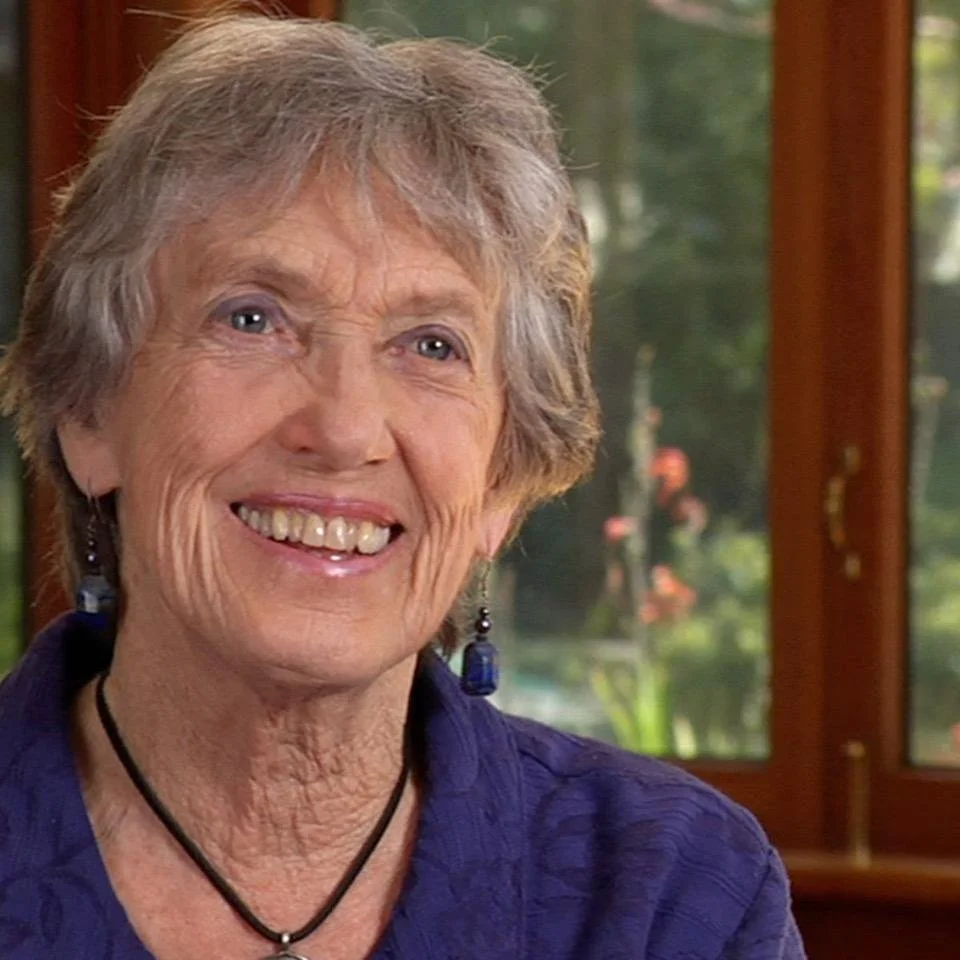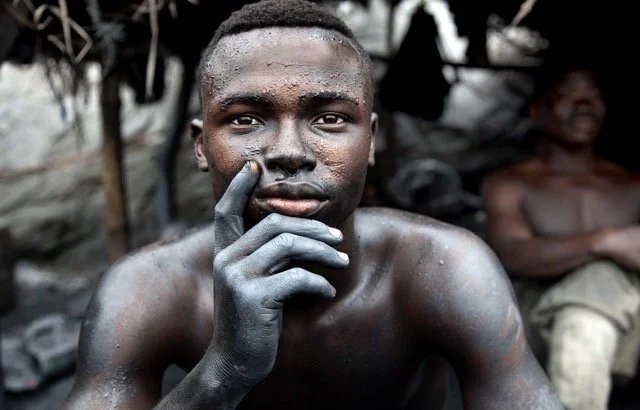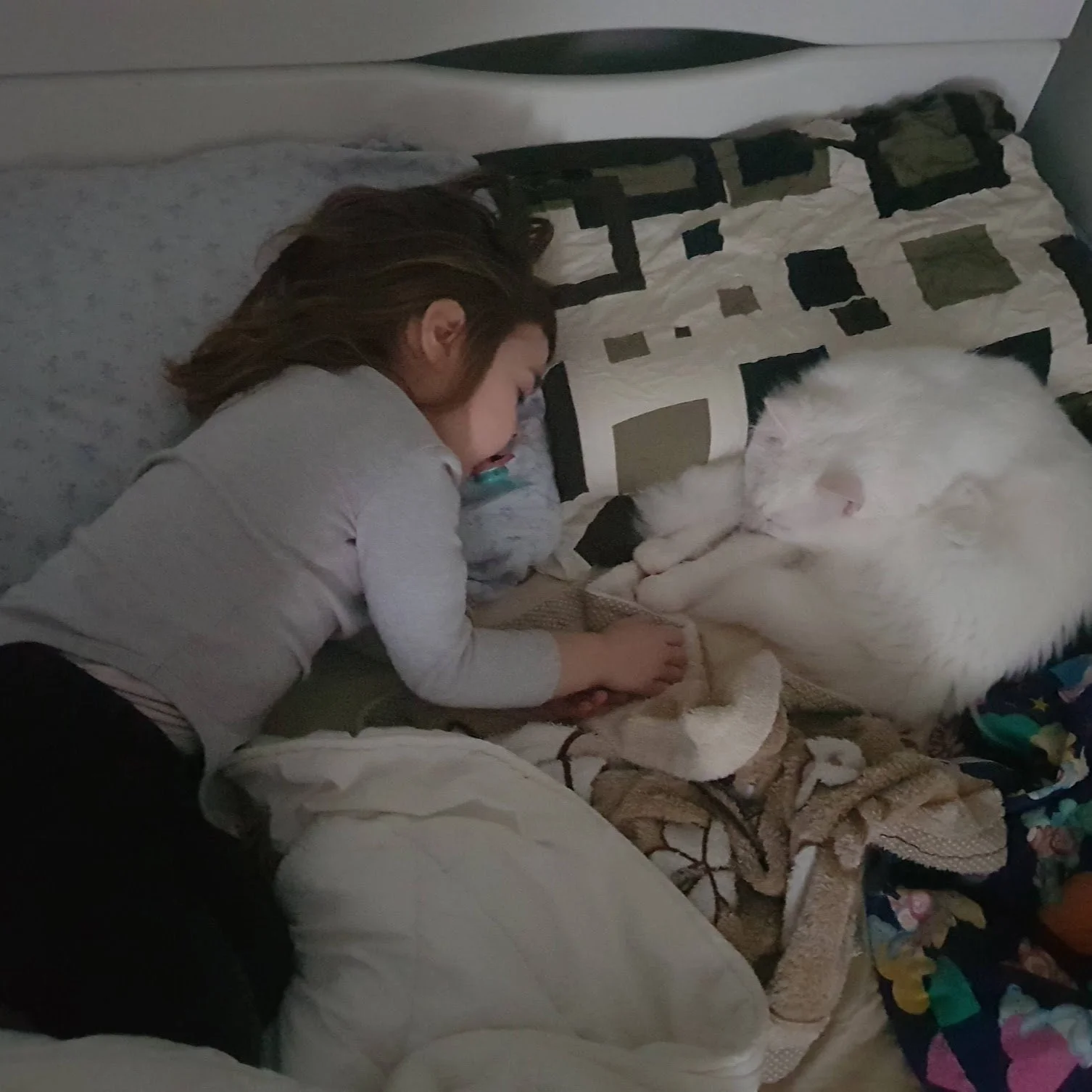A short tribute to Joanna Macy, whose work explored how people emotionally withdraw when facing overwhelming global threats — and how connection and shared reflection can reopen agency.
Read MoreBeachcombing reveals what the ocean endures. Each tide brings evidence of pollution, disasters, and human stories—right to our shorelines.
Read MoreJane Goodall taught us that hope is not naïve optimism but an act of resistance against despair. From Gombe to global climate movements, her legacy links science, compassion, and collective action to help us face crises without shutting down.
Read MoreWhy do one person’s eyes move us more than 50 million in forced labor?
Photographer Lisa Kristine shows how a single face can awaken global empathy.
Climate memes are more than jokes — they’re emotional survival tools. They help us laugh, feel, and take action when the climate crisis feels too big to face.
Read MoreThis article explores how hostile architecture contributes to psychic numbing and slow violence, and how narrative empathy can restore compassion in the way we design and inhabit public spaces.
Read MoreThrough narrative empathy, this piece remembers Alina’s friends and family lost to the war in Ukraine, pushing back against psychic numbing by focusing on individual lives behind the statistics.
Read MoreAlina’s testimony from Bucha offers a deeply personal account of the war in Ukraine, showing how narrative empathy can break through psychic numbing and keep the human cost of war from being forgotten.
Read MoreFrom spiritual teachers to human rights leaders, these ten voices offer timeless wisdom on compassion. Their words remind us that compassion is not only a feeling—but a force for connection, resilience, and everyday action.
Read MoreReal stories of compassion in unexpected places—from war zones to protests. What happens when empathy defies division?
Read MoreThis article examines how psychic numbing weakens public response to climate change and argues that narrative empathy is essential for turning overwhelming data into meaningful, emotional engagement.
Read MoreWhy does bad news capture our attention while good news fades away? Explore the psychology behind negativity bias, loss aversion, and media influence. Learn how these biases shape our perception of the world—and how we can balance our media diet for a healthier, more realistic perspective.
Read MoreParticipatory ecological storytelling blends narrative empathy with ecological empathy and thus becomes a creative and collaborative way to address eco-anxiety and psychic numbing and build deeper connections with nature.
Read MoreWhat happens when Hamlet meets Grand Theft Auto Online? During lockdown, artists turned a video game into a stage, proving that even in chaos, storytelling can connect us. Discover how this experiment redefined performance and resilience.
Read MoreThis year’s Oscars highlighted stories that demand to be seen: a Palestinian-Israeli documentary on loss and resistance, L.A. firefighters honored for real-life heroism, and Anora, a film giving visibility to erased lives. Why these moments mattered.
Read MoreCan AI chatbots provide meaningful support, or do they pose unseen dangers—especially to vulnerable individuals? The tragic case of Sewell Setzer III, who formed an emotional attachment to a chatbot that failed to intervene, raises urgent concerns. Molly Russell’s death further underscores the risks of unregulated algorithms shaping young minds. As AI advances, we must ask: Are we prioritizing convenience over safety?
Read MoreFrom Ground Zero uses narrative empathy to break through psychic numbing, revealing the harsh reality of war in Gaza through deeply personal stories from those living at ground zero.
Read MoreAmid wildfire devastation, small objects tell big stories—a child’s toy, a lost painting, a rescued dog. Behind every statistic is a life forever changed.
Read More


















